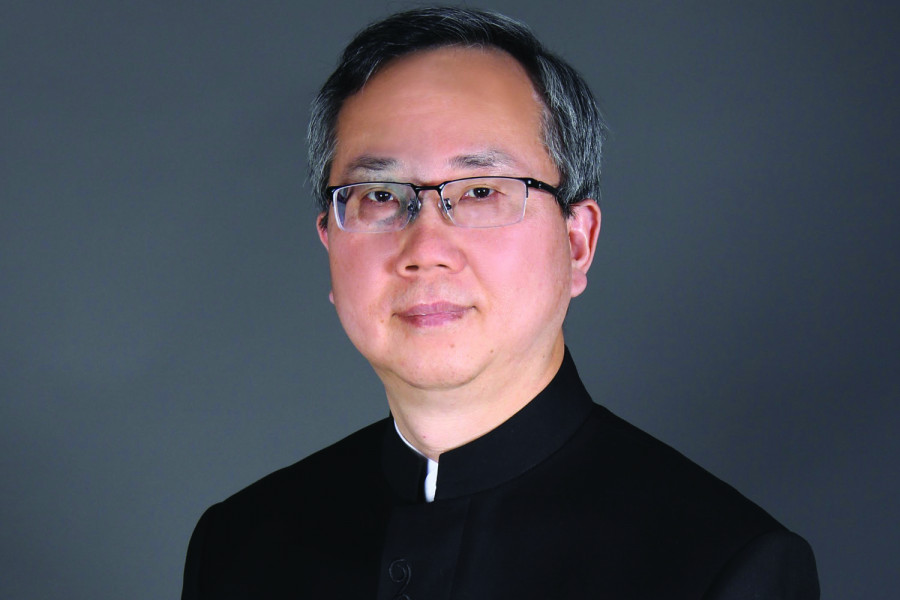Lumbini Summit Shortened Amidst China's Sensitivity Over Dates

The upcoming 4th International Laureates and Leaders Summit, scheduled to be held in Lumbini, the birthplace of Gautama Buddha, has been shortened by a day due to what sources claim is pressure from the Chinese government.
The event, originally planned for a three-day period from March 10 to 12, will now be held for only two days, on March 11 and 12. The change comes despite extensive preparations by the Lumbini state government, led by Chief Minister Dilli Chaudhary, and the involvement of Foreign Minister NP Saud in coordinating the program.
Chinese Concerns Over March 10th:
Sources close to the matter allege that China's sensitivity towards the date of March 10th played a significant role in the decision to shorten the summit. This date holds symbolic significance for Tibetans, as it marks the Tibetan Uprising Day, commemorating their 1959 rebellion against Chinese rule.
China's Diplomatic Pressure:
According to the report, the Chinese ambassador to Nepal, Chan Song, reportedly expressed strong concerns regarding the summit potentially coinciding with Tibetan Uprising Day. He is said to have communicated these concerns to high-ranking officials, including Prime Minister Pushpa Kamal Dahal "Prachanda" and Nepali Congress Chairman Sher Bahadur Deuba, who subsequently agreed to shorten the event.
Event Organizers and Participants:
The summit, organized by Nobel Peace Prize laureate Kailash Satyarthi of India, is expected to bring together 100 international guests and 100 participants from Nepal for discussions on peacebuilding. Renowned figures like Nobel Peace Laureates Abdesatar Ben Moussa, Oueded Bochamaoui, Kailash Satyarthi, Arieh Warshel, Lemah Gobowi, Tawakkol Karman, Jody Williams, Shirin Ebadi, Óscar Arias Sánchez, and Richard J. Roberts are confirmed to attend, alongside dignitaries like Prince Ali bin Al Hussein of Jordan, economist Jeffrey Sachs, and former Panamanian First Lady Lorena Castillo Garcia de Varela.
Government's Response:
While the official statement from the Lumbini state government spokesperson, Nirajan Ghimire, attributes the change to minor "confusion" and logistical adjustments, sources within the government reportedly acknowledge the underlying pressure from China as the primary reason for the shortened summit.
This development has sparked concerns about the potential influence of foreign powers on Nepal's internal affairs, particularly in the context of its relationship with China. The incident is likely to raise questions about the balance between diplomacy and national sovereignty and is expected to be debated in the coming days.
Tibetan Uprising Day
![From Kathmandu to the World: How Excel Students Are Winning Big [Admission Open]](https://nepalaaja.com/img/70194/medium/excel-college-info-eng-nep-2342.jpg)
